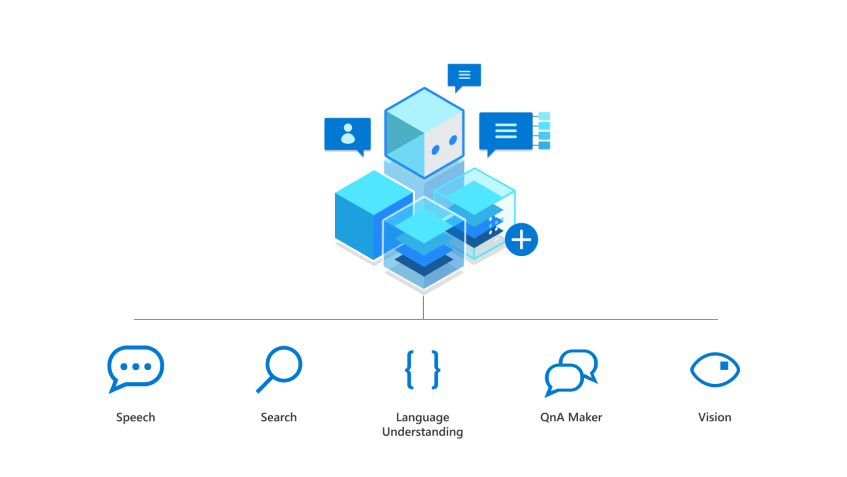Success in exams often requires some strategies that if well executed can help students score well as well as become confident in the subject. One of the most significant practices a student should adopt to score well in any exam is good note-making. It is a very valuable skill every student should possess.
There are various reasons why students should make good notes for their subjects. They are;
- Helps in condensing the information
- Helps in retaining the studied information well
- Helps in quick revision
- Note making helps students grasp the concepts better and longer
- No need to read the entire book again during last-minute preparation
Now that you see the various benefits of note-making, let us see how you can prepare effective notes for your subjects.
Generally, note-making can differ from student to student depending on their preferences and ease of understanding. However, for effective note-making, some basic guidelines will help students make good notes and will help them understand the subject better. So many students don’t know how to make proper notes. But no worries, here, we will see all the tips on how to make good notes that will surely help you in scoring well in exams.
There are many ways students can make notes. Here are some formats that students can use;
- Diagram-based- This is a great way to make notes as it uses student’s creativity and also visualizes the information in an attractive way. The diagrams need not be perfect, as long as you can understand the topics, you are good to go. You can use different coloured pens to make it more visually appealing.
- Split page- In this method, the page is split into two sections. The upper half contains the information studied and the other section contains the summary. This method is effective for long theoretical subjects where students can glance through the summary for revision.
- Mind map- This approach has been scientifically proven to be effective in making notes. Basically in a mind map, you link all the important points and the relevant information using images and text. It looks like a map showing the logical sequence of the information, which helps students clarify their concepts well.
- Question and answer format – This format is also helpful in note-making as it prepares students to write well-structured answers in the exam. The information is phrased as a question and the answer explains it.
Whichever method of note-making you choose, there is a format that applies to all;
- Headline- it describes the title of the topic
- Subheading- use subheadings to describe the sub-topics inside the topic.
- Points- Inside the subheading section write down the information in points
- Within each subheading, you can add more subheadings if it is a complex concept to simplify understanding.
- Use keywords- Keywords are very important while note-making. The use of keywords can gain you good marks as the examiner often skim through your answers and look for the keywords to understand if you know the subject well. Now that you know the different types and formats of note-making let us see the process of note-making;
- First, just read the topic. Don’t try to analyze everything, just read and grasp the main idea conveyed.
- After you have read the topic and gained an idea of what it talks about, start underlining the main ideas and keywords. You should underline in a way that if you were to read it after some time, you can clearly understand what it says just by reading the underlined portion.
- Now, after reading the main ideas, jot them down in the form of points. This will make it easy to understand and revise.
- Logically arrange the topics so that you don’t get confused while revising later.
- Highlight the keywords preferably using a different colour pen. This will help in quick revision just by looking at the notes and making them more visually appealing.
So far we have seen the different types of note-making, formats, and procedures involved. Now let us see how this can help you in preparing NCERT short notes.
NCERT books are designed very thoughtfully by subject experts who take into account the various intellectual capacities of students. NCERT books are a very useful study resource for the CBSE exams and many competitive exams as well. Therefore, it is a very good idea to make short notes for each subject from these books.
- To make notes for each subject, students should first go through the entire syllabus. Start by making notes for the chapters you find difficult or less confident in so that you can give more time to them.
- Depending on the subject you can adopt different methods to make notes, for example;
Maths- make a list of all the equations and theorems.
English or other languages – Jot down the key ideas described in the prose.
Social science- Jot down the ideas in bullet points and link those ideas.
Science- Focus on understanding the important terms and concepts and make a list of reactions or other equations.
NCERT books are very helpful in making notes because they provide an outline of the topics to be covered in the chapter at the beginning and a summary at the end. It is a good idea to go through the outline of the chapter and read the summary of the chapter first before reading the actual chapter as it will help you gain an insight into what you are going to learn and make you prepared for learning. While reading the outline and summary you might find some questions arising in your mind, which you can note down and seek answers to while reading the chapter. It will help you study the topic more actively leading to better understanding and retention of the information.
Students will benefit greatly if they follow the above tips diligently and become confident in the subject as the only goal of studies is not just scoring well but to really understand and apply the knowledge to practical situations.






